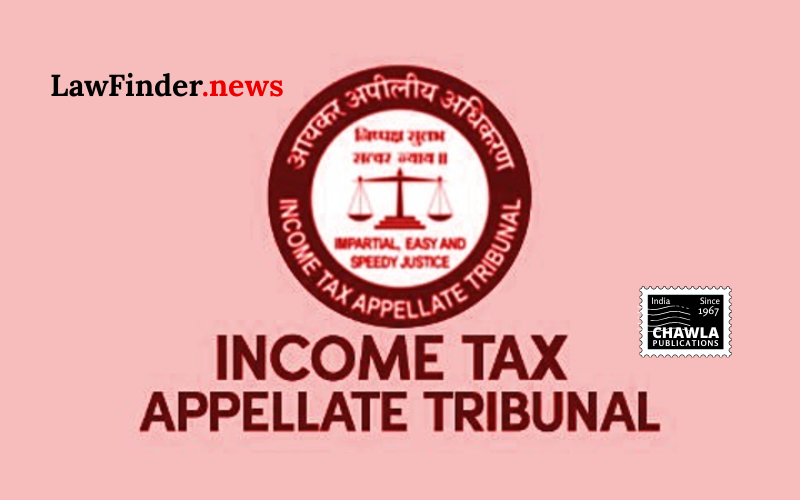Mumbai ITAT Rules Factive Limited's Receipts Not Taxable as Royalty. Tribunal finds no Dependent Agent Permanent Establishment for UK-based firm in India
News Report: In a significant ruling, the Mumbai Bench of the Income Tax Appellate Tribunal (ITAT) delivered a verdict on September 15, 2025, stating that the receipts of Factive Limited, a UK-based non-resident corporate entity, from its Indian distributor, Dow Jones Consulting India Private Limited (DJCIPL), are not taxable as 'royalty' under the Income Tax Act, 1961, or the India-UK Double Taxation Avoidance Agreement (DTAA). The judgment pertains to the assessment years 2021-22 and 2022-23.
The Tribunal, comprising Vice President Saktijit Dey and Accountant Member Girish Agrawal, determined that the receipts were for the use of a database and did not involve the use or right to use any copyright. The transaction was deemed to be on a principal-to-principal basis without any transfer of copyright. This ruling aligns with consistent decisions in earlier years, from 2015-16 to 2020-21, where similar receipts were not considered royalty under the Act or the DTAA.
The ITAT also addressed the issue of Dependent Agent Permanent Establishment (DAPE) in India, concluding that Factive Limited did not have a DAPE through DJCIPL. The Tribunal highlighted the absence of evidence that DJCIPL had the authority to negotiate or enter into contracts, maintain stock, or secure orders on behalf of Factive Limited. The reference to Article 13(4) of the Multilateral Instrument (MLI) was deemed irrelevant to the concept of DAPE under Article 5(4) of the India-UK DTAA.
Factive Limited had challenged the final assessment orders passed under section 143(3) read with section 144C(13) of the Income Tax Act, following directions from the Dispute Resolution Panel (DRP). The DRP had earlier upheld the view that the receipts constituted royalty and that DJCIPL was a DAPE of Factive Limited in India, based on certain website information mistakenly attributed to Factive Limited rather than Dow Jones. The Tribunal found this distinction unfounded and reaffirmed the consistent view from previous judgments.
The ruling reiterates the Tribunal's position that the payments received by Factive Limited are not for transferring any copyright but for accessing a database. The decision also underscores the importance of distinguishing between the right to use a copyright and the right to use a copyrighted product.
The ITAT's judgment marks a significant precedent in the realm of international taxation, emphasizing the importance of consistent judicial interpretation and the need for substantial evidence to establish a DAPE.
Statutory provision(s): Section 9(1)(vi) of the Income Tax Act, 1961, Article 13(2) and Article 5(4) of India-UK DTAA, Article 13(4) of MLI
Factive Limited v. Asst. CIT(IT)-2(3)(1), (ITAT)(Mumbai Bench "I") : Law Finder Doc Id # 2779388




